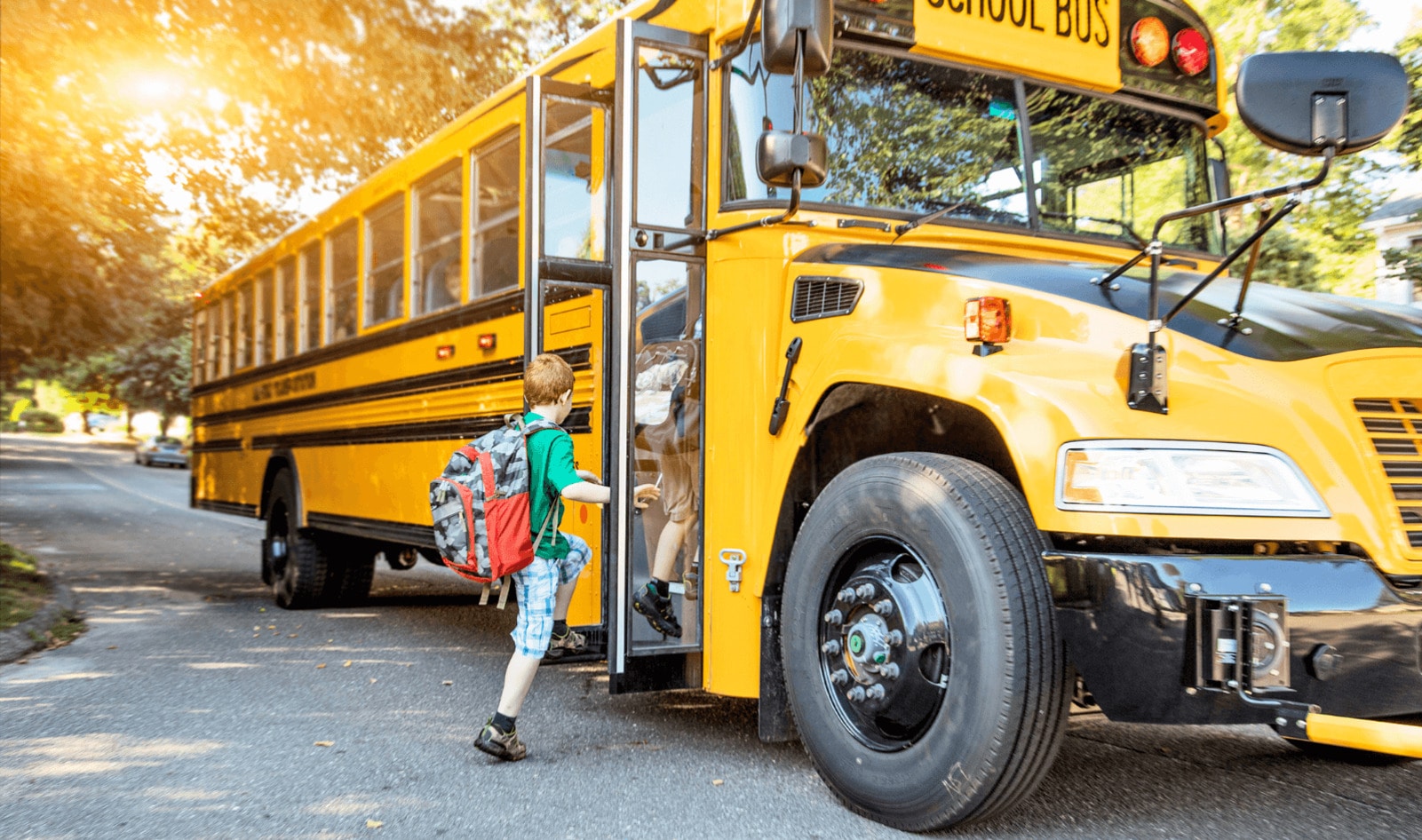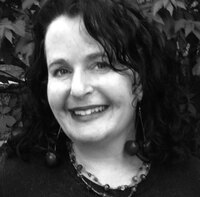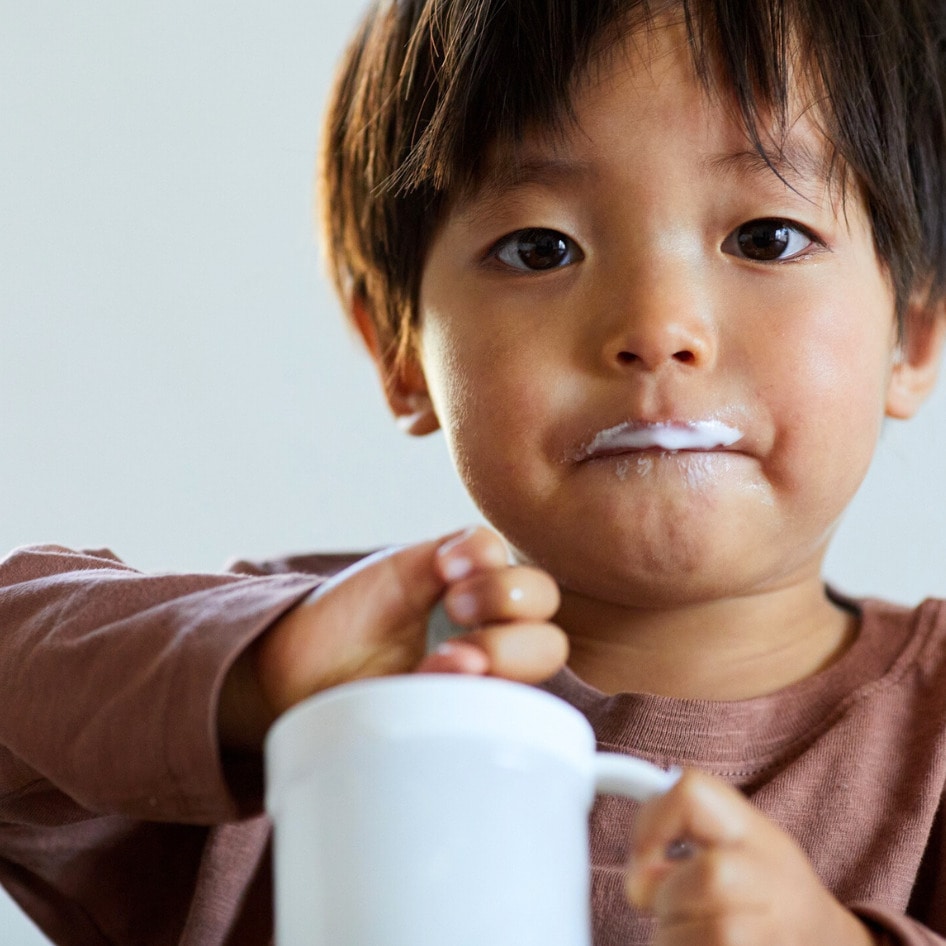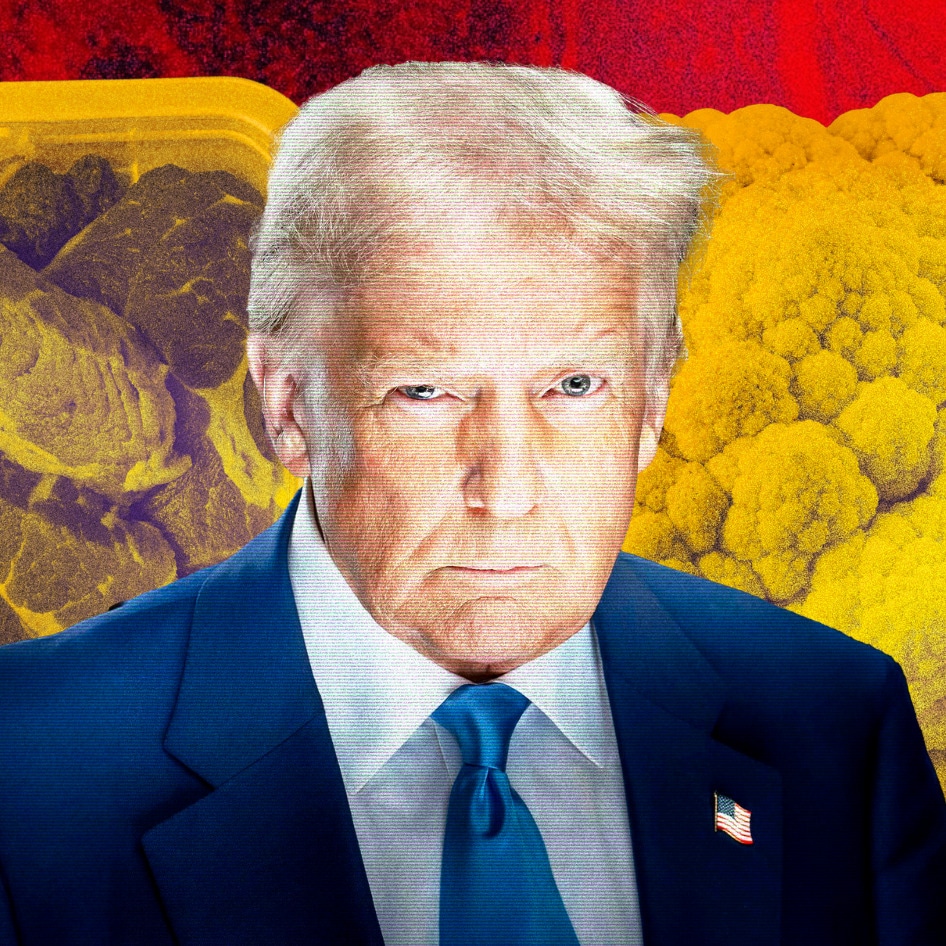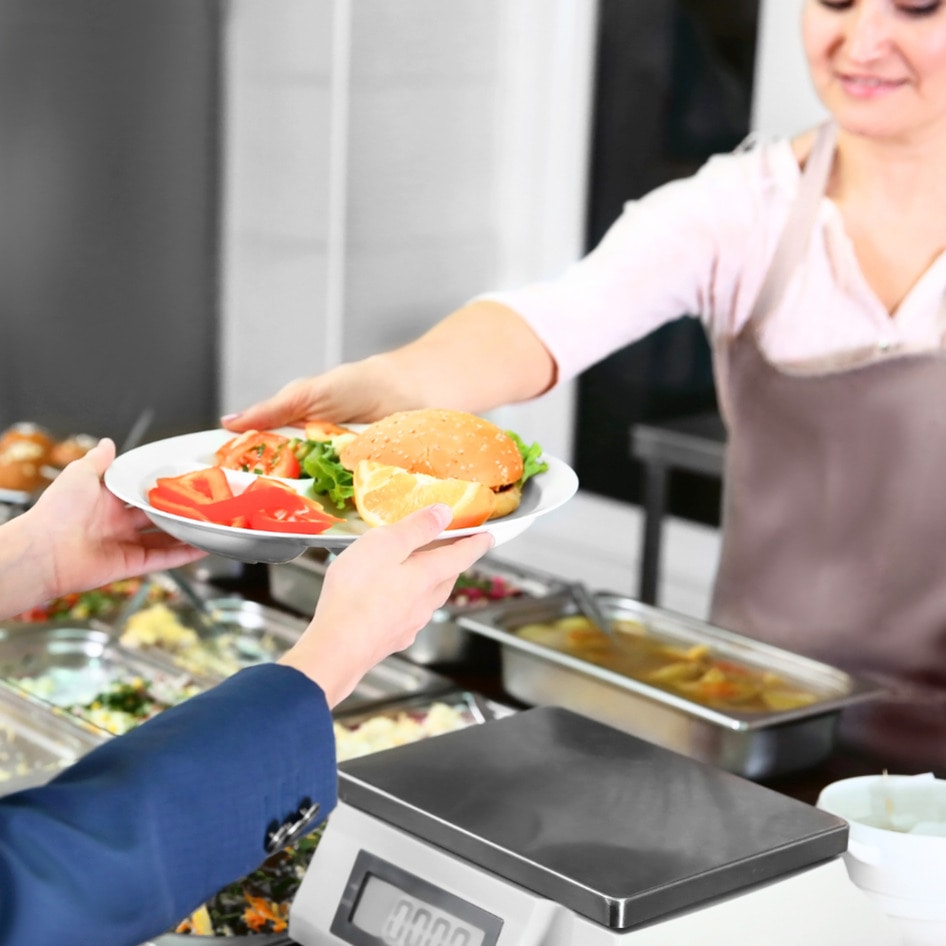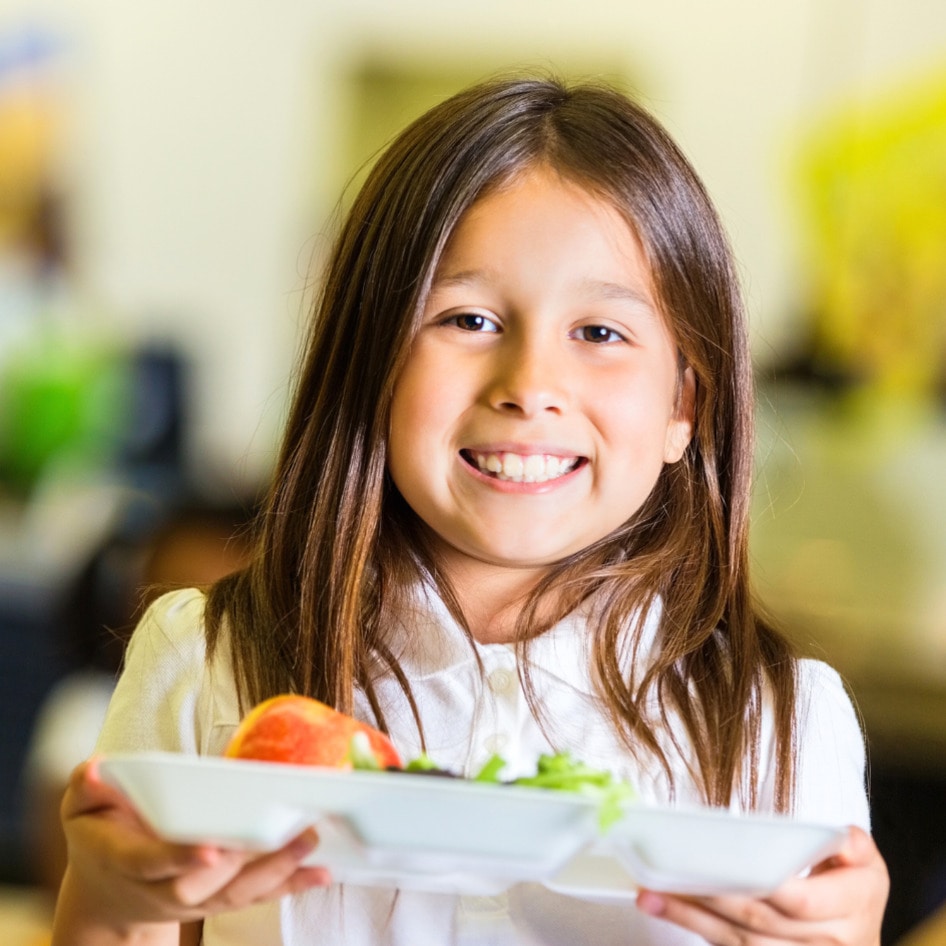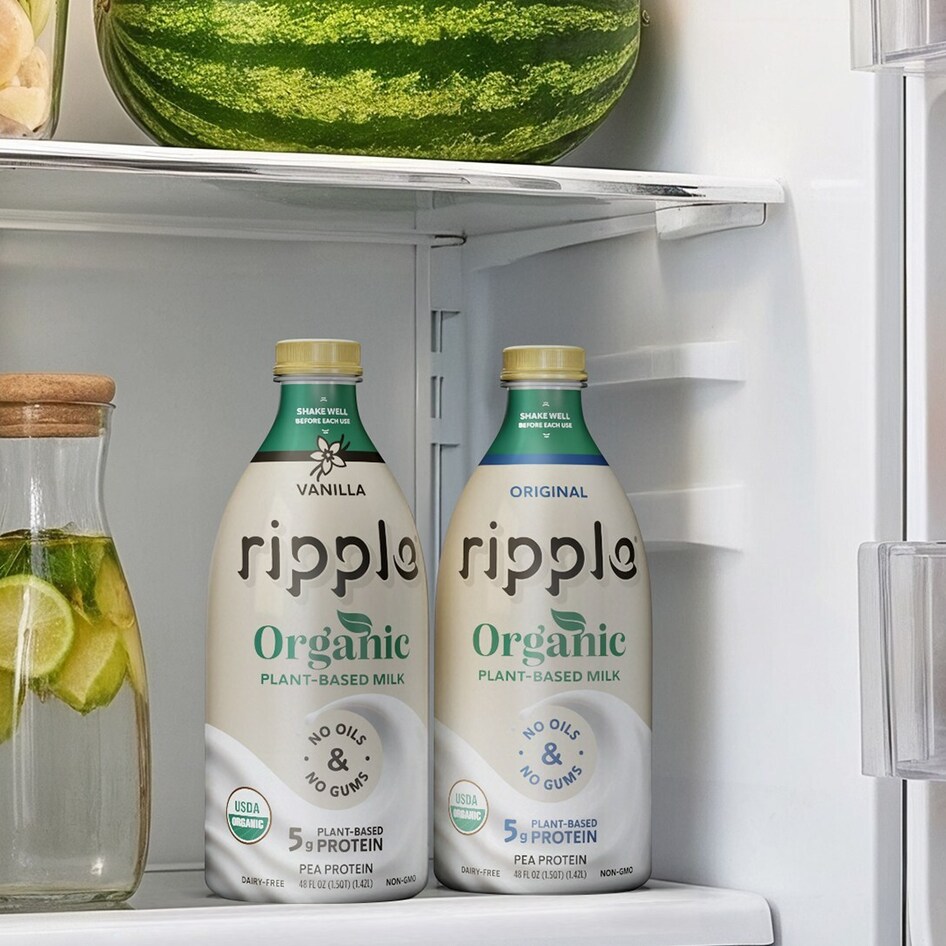The problems with the dairy industry and milk consumption run a wide, well-documented gamut, with ill-effects that include ecological degradation and resource depletion, such as greenhouse gas emissions and water waste.
On an individual level, dairy consumption has been linked to a variety of health issues, particularly for people who are lactose intolerant. So why is dairy milk still a requirement on school lunch menus?
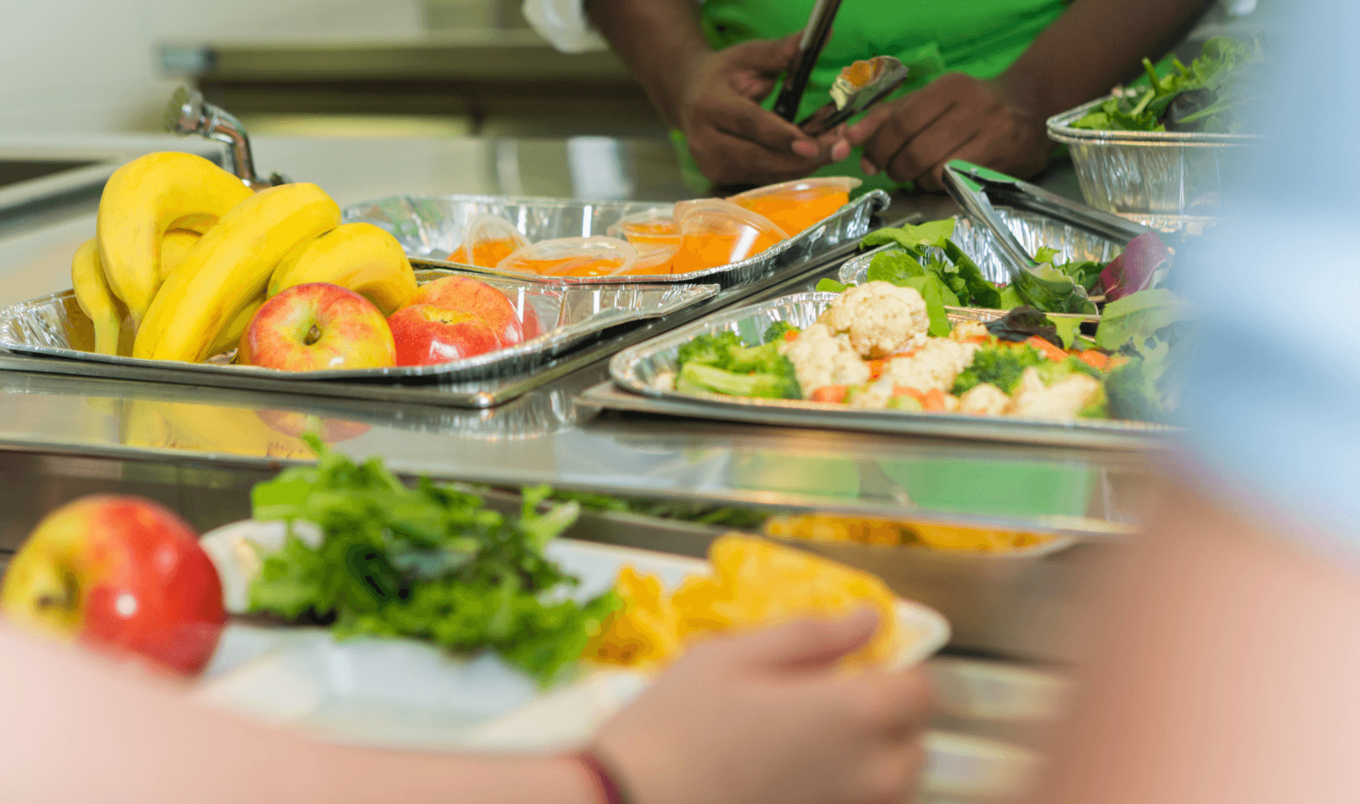
Established in 1946, the National School Lunch and School Breakfast Programs (NSLP) is a USDA regulation that is wrapped up in dairy industry lobbying. Under the NSLP, schools are required to serve dairy milk in order to be reimbursed for meals. Federal regulations stipulate that program participants “cannot discriminate against the drinking of cow’s milk before school, after school, on school grounds, or at any school-sponsored event.”
This month, two organizations—athlete-backed Switch4Good and youth group Raven Corps—are taking the outdated rule to task by making a case for ditching dairy on school lunch menus.
Ditching dairy on school lunch menus
The case for ditching dairy makes sound economic sense: A United States Department of Agriculture (USDA) report in 2019 found that unopened cartons of milk tossed in the garbage in US school cafeterias amounted to $300 million in waste every year.
Switch4Good is working with members of Congress to remedy this massive food waste issue by working to give the 20 million children who participate in the NSLP access to plant-based alternatives to dairy milk on their breakfast and lunch trays.
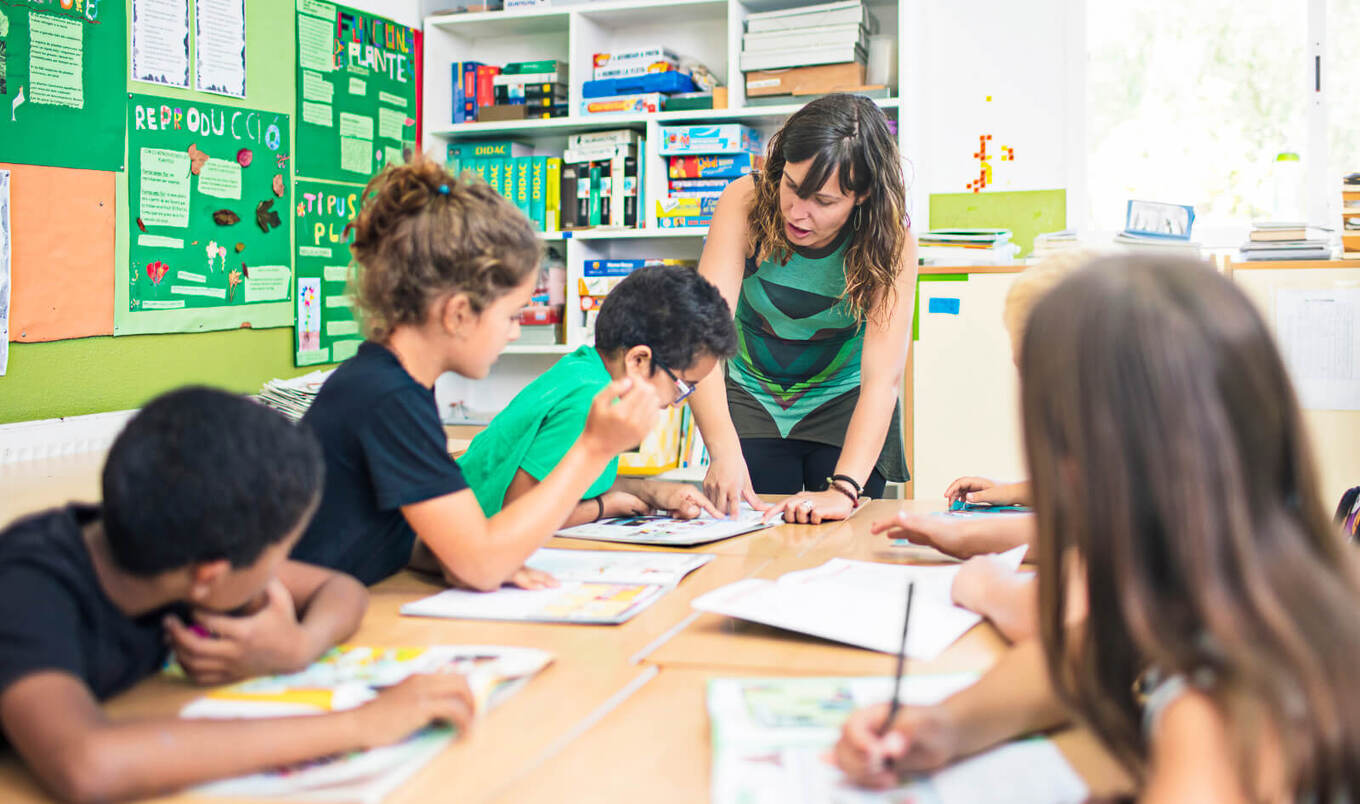
This month, a letter drafted by Congressman Troy Carter (D-LA) was sent to US Secretary of Agriculture Tom Vilsack. The letter was signed by more than 30 members of Congress, primarily in the Black, Latinx and Asian Pacific American caucuses, and asked Vilsack to correct what the signatories are calling “a textbook example of dietary racism” in the NSLP—or the compulsory carton of dairy milk given to populations of students who cannot digest dairy.
The letter further demands that dairy-free options be offered without the need for a doctor’s note, as getting a medical exemption is an impediment to access and places an unfair burden on BIPOC students.
The National Institute of Health estimates that up to 80 percent of Black and Latinx people, up to 95 percent of people of Asian heritage, and more than 80 percent of Indigenous Americans cannot digest lactose without adverse effects, often stomach cramps, bloating, and even worsening asthma symptoms.
“The nation would not force-feed Anglo children a product that 75 percent of them cannot safely consume,” Switch4Good founder Dotsie Bausch tells VegNews. “There’s no more glaring example of dietary racism in our agriculture and nutrition programs than this one.”
Switch4Good has built a coalition around the effort to end this form of dietary racism with more than 25 co-signing organizations such the National Urban League, the Coalition for Healthy School Food, and the National Action Network Washington Bureau.
This group has asked the USDA Equity Commission, which addresses racial equity issues in national food and agriculture programs, to recommend changes including a proportional reimbursement to public schools for soy milk, which the US Dietary Guidelines recognized as a nutritional equivalent to dairy in 2020.
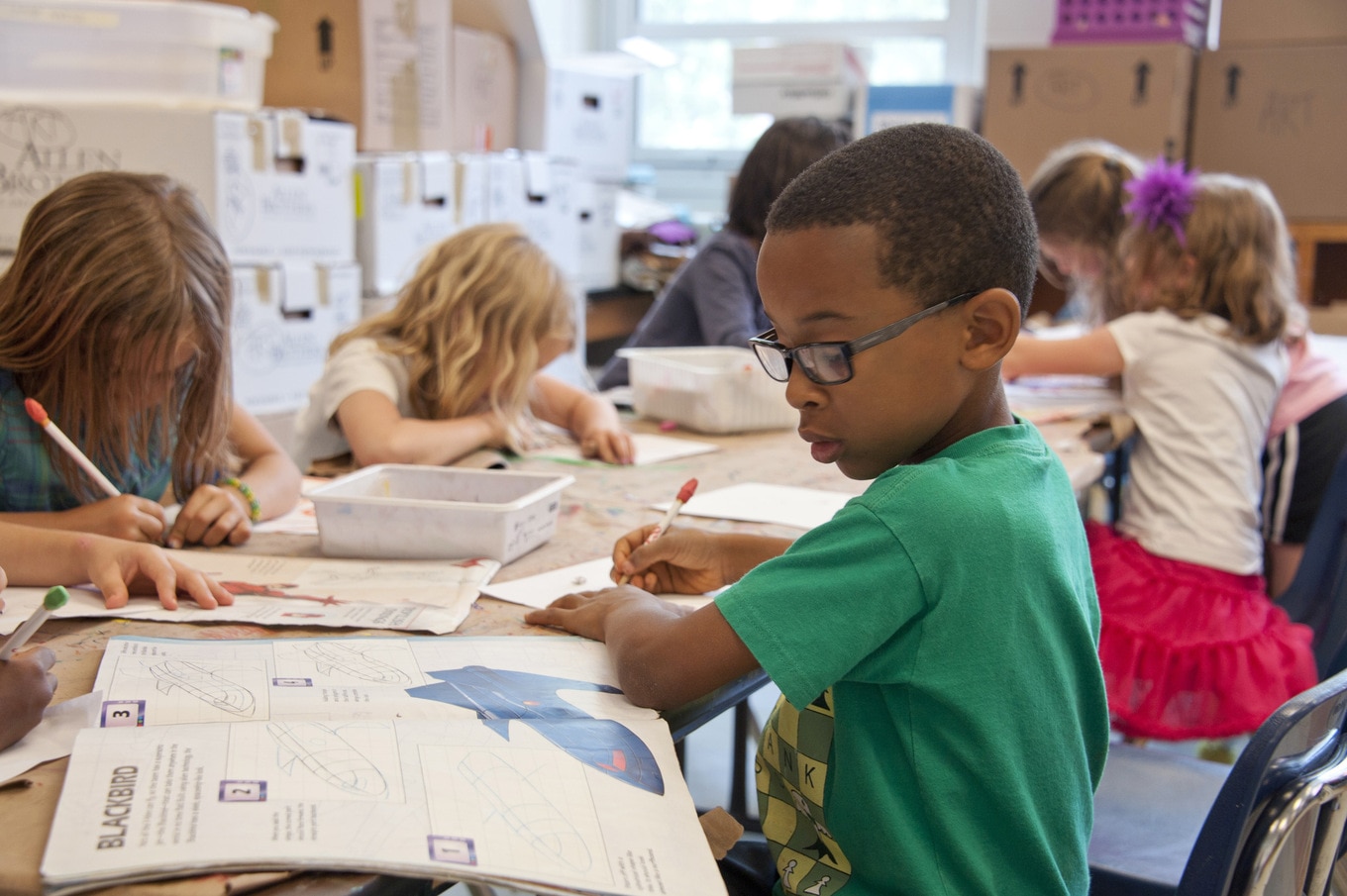
“Pushing cow’s milk so relentlessly in front of kids who cannot healthfully consume it reveals how our food systems are built to benefit commodity groups, not our kids,” Bausch says.
Ravens to the Rescue
Meanwhile, The Raven Corps—a grassroots, youth-led, vegan activist organization—has just launched its own campaign: “Operation: Mind Over Milk.” Through this action, the group aims to raise awareness about the multitude of harms inflicted by the industry from environmental, social justice, and animal protection perspectives.
Similar to Switch4Good, The Raven Corps encourage increased access to plant-based milks in schools that participate in the NSLP with students leading the campaign.
“There has been a steep decline in liquid milk consumption in our generation, and for good reason,” Raven Corps Outreach Coordinator Shubhangi Bose tells VegNews. “It’s incredibly cruel, unsustainable, and a lot of students, particularly students of color, cannot digest it.”
On October 31, the campaign will culminate in a “Scary Dairy” day of action to help raise awareness about the myriad real-life horrors of the dairy industry on Halloween. In high schools across the US, Ravens will hand out free cartons of vegan milks Oatly and Ripple, along with educational materials to help make a case that plant milk is much more friendly toward animals, the environment, and people with allergies and sensitivities to dairy.

“We hope that, through this action and our corresponding campaign, we can increase access to plant-based milk through the NSLP, giving millions of students a delicious, nutritious, humane, and environmentally friendly option in their lunch lines,” Bose says.
For the latest vegan news, read:
JUMP TO ... Latest News | Recipes | Guides | Health | Subscribe

